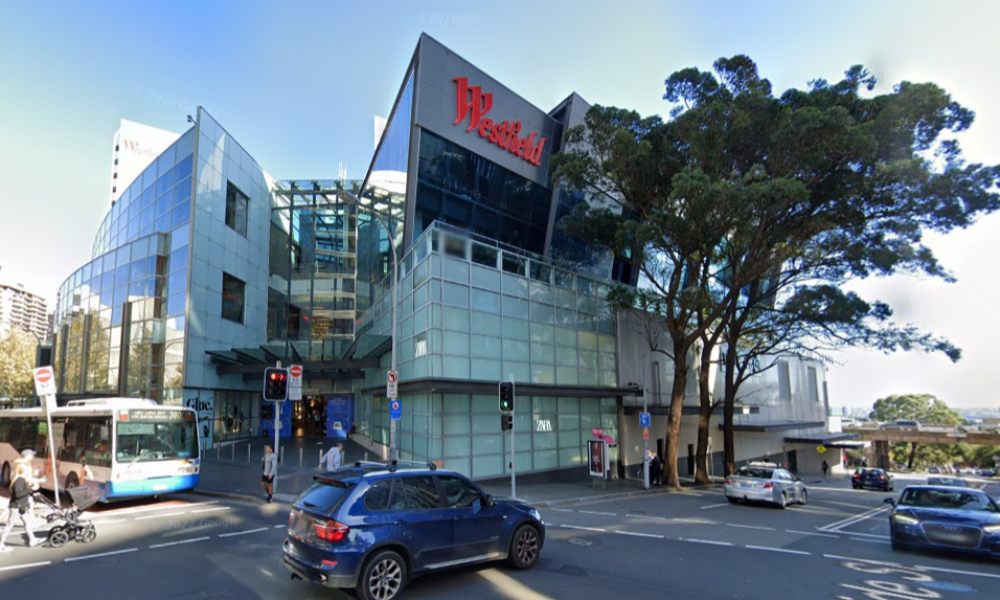Why do some organisations adapt and thrive while others fade away and disappear? Michael McQueen provides his tips for ensuring your employer brand – and your organisation as a whole – stays ahead of the wave of change
Why do some organisations adapt and thrive while others fade away and disappear? Michael McQueen provides his tips for ensuring your employer brand – and your organisation as a whole – stays ahead of the wave of change
The last handful of years have seen something of an epidemic of extinction in the business community. Looking at business failures, ranging from Borders to Billabong, Kodak and music giant HMV, brands and industries are quickly realising that business-as-usual is no longer enough. Peter Drucker’s insight in the mid-1980s is truer today than ever before: we must now run faster and faster just to stand still.
In the face of today’s unprecedented pace of change, every business and leader is engaged in a battle, whether they are aware of it or not. This battle is not one for profitability, prominence or market share but rather it is one far more fundamental – the battle for relevance.
While I have dedicated much of the last eight years to tracking some of the dominant trends shaping business and industry, in recent times the focus of my research has shifted to be driven by two key questions:
1. Why is it that even the world’s most iconic and successful businesses are becoming irrelevant one after another – what can we learn from their experience?
2. What separates the enduring from the endangered – how do some brands and organisations stay powerfully relevant for years or decades while their competitors fall by the wayside?
Naturally, these two questions and the answers to them have significant implications for HR and recruitment leaders in the coming years. How can organisations ensure that they stay relevant not just to their current employees and talent but also their future workforces?
There are two shifts that leaders and organisations must be aware of if they are to stay relevant and ahead of the curve:
1. TECHNOLOGICAL SHIFTS
It seems that hardly a week goes by when we don’t hear in the media of a product or industry that is becoming obsolete due to technology. Take the rapid disappearance of the Encyclopaedia Britannica, Yellow Pages or your local video store as a case in point.
From an HR or people leadership perspective, technological shifts are afoot. In the years to come employees will be working and interacting with the workplace in a very different way. Work will increasingly be something that people do and not merely a place to which they go each day.
As jobs become less workplace-specific due to advances in communication technology and the advent of telecommuting, more and more work can be done in a location other than the office. What’s more, it’s a win/win for both employees and employers. Author of Microtrends Mark Penn cites research indicating that stay-at-home workers actually log more hours than their counterparts in offices yet still report far higher rates of job satisfaction. More often than not, however, it is organisational cultures, policies and processes rather than commercial factors that prevent employees and managers from taking advantage of these trends.
If you are not keeping abreast of these changes but your competitors are, it’s highly likely your employer brand will come to be seen as less relevant in the marketplace.
2. DEMOGRAPHIC SHIFTS
This second type of shift is the one I have spent the vast bulk of my time researching in recent years, particularly the impact of the younger generation in our society known as Gen Y.
Having spent more than three years interviewing and speaking to over 80,000 young people around the world, there are a number of key shifts in the values set of this next generation. These include the fact that Gen Y:
* Crave external affirmation. As a function of having grown up in the era of self-esteem, Gen Y tend to crave external validation and affirmation for everything they do. Indicative of this, one recent study found that 60% of Gen Y office workers wanted feedback from their immediate superior at least once per day while 35% wanted to receive feedback two to three times per day.
* Place a high priority on balance. While many baby boomers wear their lack of work-life balance almost as a badge of honour, Gen Y have very different priorities. Far from having no work ethic, this young group tends to place personal priorities as highly as or even higher than professional responsibilities. In many cases, this is a result of the heart attacks, strokes and broken relationships they witnessed in their parents’ generation often due to a lack of balance.
* Don’t view the future in a linear way. Far from having a five-year plan, many young people don’t have a five-day plan. They see the future as a myriad of pathways and options rather than a singular linear path. This makes them far more reactionary than strategic and has a big impact on their approach to career planning and goal setting.
While Gen Y can sometimes appear difficult to work with, the simple reality is that they are a group of employees that no organisation can afford to ignore. They may only be 15% of the labour force now but within just over a decade will make up almost half of Australia’s working population. Again, if you are not attracting and engaging the talented members of this enormous group, your competitors likely will.
While it is valuable to look at some of the key threats that have caused fallen organisations and businesses to lose relevance over time, it is equally important to study success stories. What can we learn from organisations that have managed to stay relevant as times and needs have evolved?
I would suggest that there are three enduring things these organisations do that their endangered counterparts do not:
1. RE-ENGINEER
This strategy is about intelligently and systematically changing internal processes and systems as times and needs evolve.
While this is easy to say, it is typically something quite different to do. The reason changing the way we do things can be so challenging is that we do so much in business and in life unconsciously or on autopilot. As such, when I am guiding my clients through re-engineering their systems and processes I use a simple four-step exercise:
I. DECONSTRUCT– Go through methodically and itemise every single step involved in a particular process from beginning to end, especially the unconscious elements. Often once clients do this they realise how many of the things they are currently doing actually make very little sense but are perpetuating unthinkingly every single day.
II. EVALUATE – Next, look at every process element and ask questions like ‘Is that the smartest way to do it, the fastest way to do it; are there areas of duplication; are things getting missed’?
III. INNOVATE– Looking at the process elements you have just evaluated, consider different or new ways of doing things.
IV. REASSEMBLE– Finally, put the process back together again, and if you have done this exercise well it will be faster, cheaper, more efficient but, more importantly, more relevant to the needs of those within and outside the organisation.
Of these four steps, the one I find clients struggle the most with is step three: innovating.
This leads us nicely into the second key to staying relevant.
2. REFRAME
This second strategy is about actively looking to see things from different perspectives or points of view.
Albert Einstein once highlighted the importance of this, saying: “It is impossible to solve the significant problems of life by adopting the same kind of thinking we used when we created them”.
I would suggest that the most valuable asset every organisation has in innovation and creativity is the set of freshest eyes on a team. Perhaps it is the young employee who has just joined the business, or someone who has come into the organisation from outside the industry. Naturally, the value of people with fresh eyes is that they don’t know how things have always been done; they have no trouble thinking outside the box because they don’t know what the box even looks like just yet!
Sadly, when people with fresh eyes join an organisation, the implicit message they get is to sit in the corner, watch how things are done around here, and then once you know how things are done around here you can offer your suggestions. By this point, however, this new person no longer has fresh eyes and the opportunity has been wasted.
3. REPOSITION
The final key to staying relevant as times change is to reposition your employer brand as times and needs evolve.
When I am working with clients, helping them reposition their brand, there are a series of five questions I ask:
- How are we currently perceived? This is such an important question from an employer-branding perspective. Before you look at how you’d like to be perceived by your future workforce, you must first know how you are currently perceived.
- What motivates or impresses our employees? What do they really want, not what you’d assume or hope they want!
- What confuses, frustrates and disappoints them?
- How are we a category of one? What do you do so differently that no other organisation can truly say they operate the way you do?
- What are your employees’ unknown future needs? Put simply, what will your workforce want in five to 10 years – things they may not even know they want yet!
Setting a brand or organisation up for enduring relevance involves a principle that every experienced surfer understands well. In order to catch the perfect wave, a good surfer knows the importance of keeping their eyes firmly on the horizon. While a wave is still forming a long way off in the distance, surfers know that this is the time to move – to paddle out and get in position. Move too late or not at all and you’ll simply get washed up as the wave crashes over you. In much the same way, winning the battle for relevance is about anticipating, preparing for and embracing change, no matter how uncomfortable or confronting it may be.
Michael McQueen is a social commentator and author of the newly launched book, 'Winning the Battle for Relevance', available in bookstores across Australia and MichaelMcQueen.net





